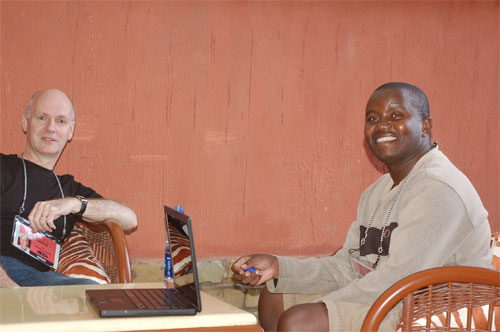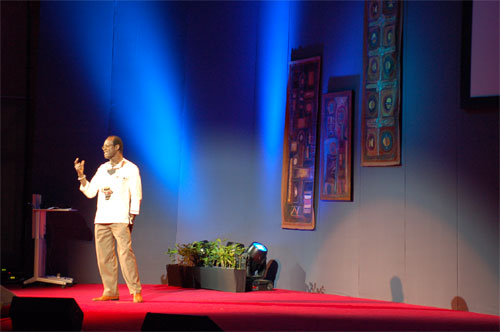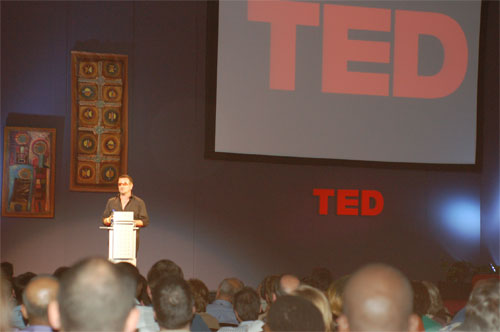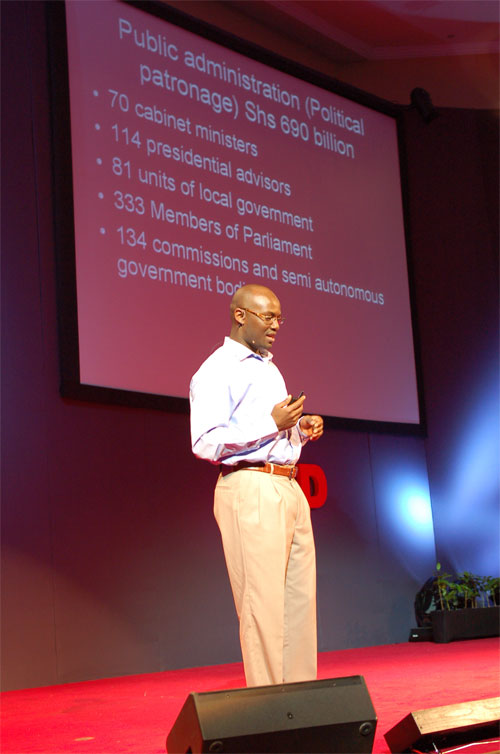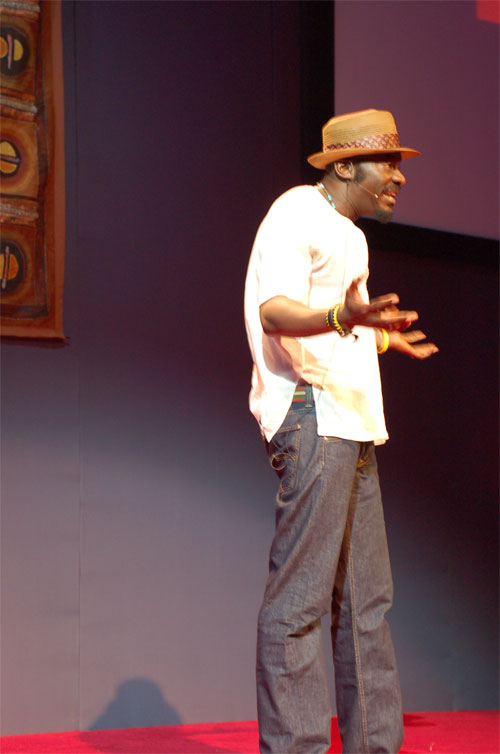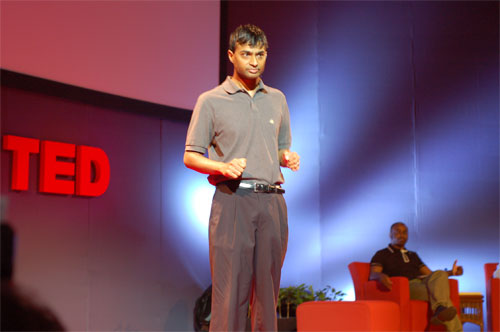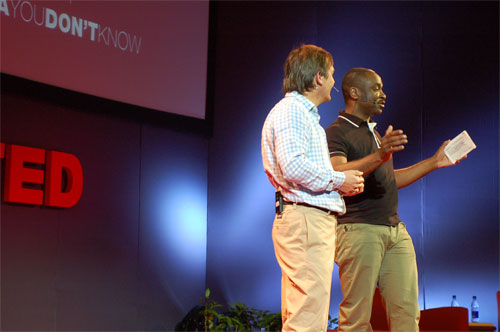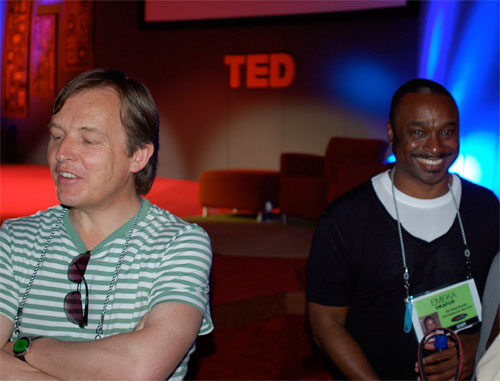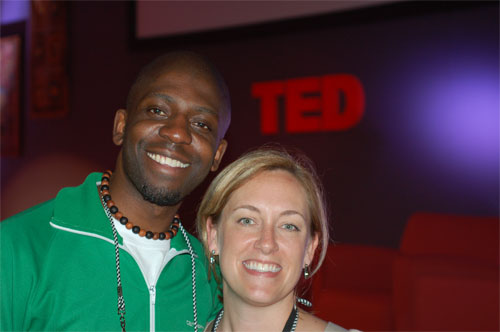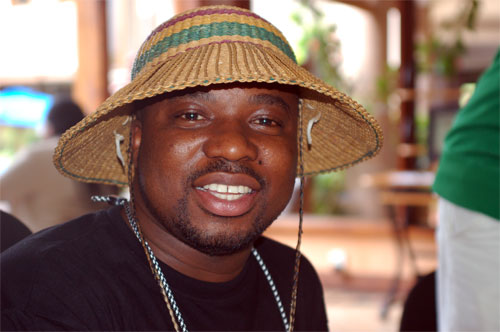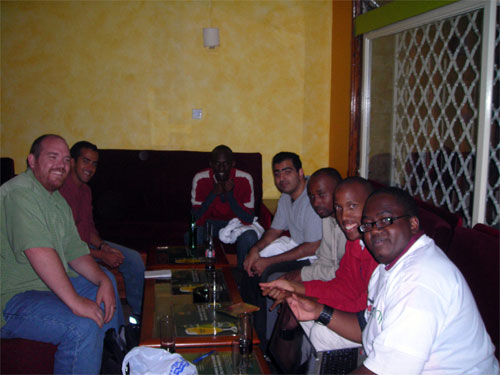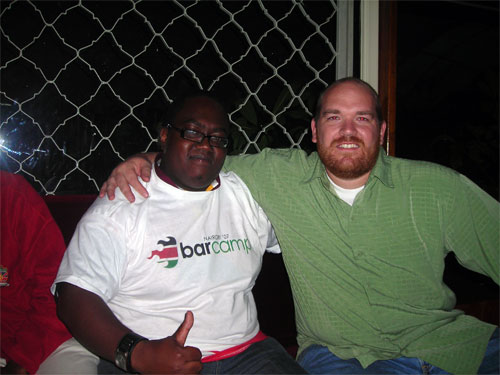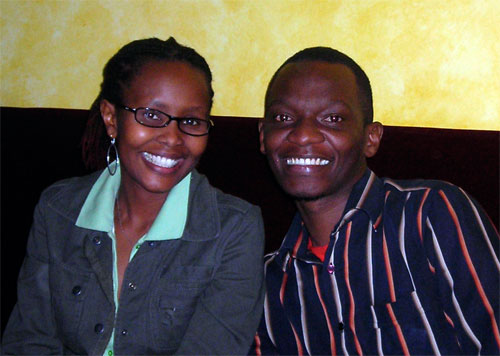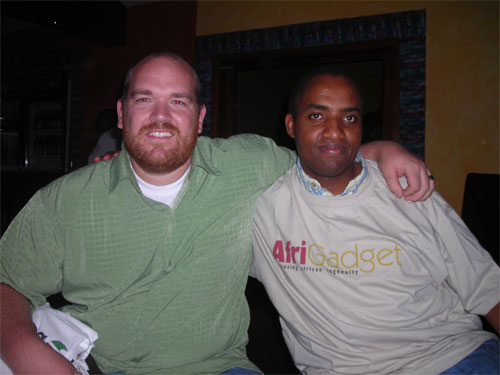Day 1 of the Mobile Toolkit Workshop had about 20 people in it, mainly technical people, but with a smattering of non-techies to keep us on track. These two days are being led by Tactical Tech, the company that puts together these software toolboxes for use by NGO’s worldwide. Marek Tuszynski has a great deal of experience running these types of meetings and channeling the workgroup’s energies towards a specific goal.
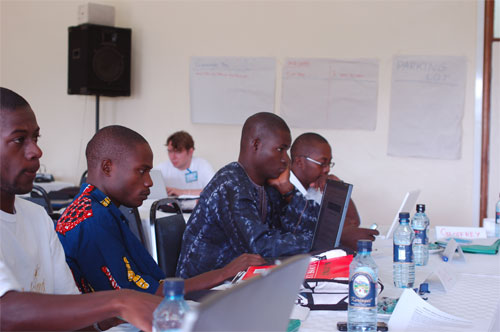
Our first order of the day was to declare what the Mobile Toolkit would NOT be, followed by defining who the target user should be, say what we hope to achieve and finally come up with a vision statement. The results were surprisingly good, I think this can be attributed to there being some incredibly smart people present, as well as the fact that people came from all different backgrounds.
Here are some of the results.
“It’s not all about technology”
“It’s not about the best technology, it’s about the most appropriate technology”
“It’s not about science fiction, but it is about the future”
What we hope the toolbox will achieve:
- That it will help people select the right tool for their campaign
- Inspire creativity and imagination
- That it will cut operational costs
- As a catalyst for positive change
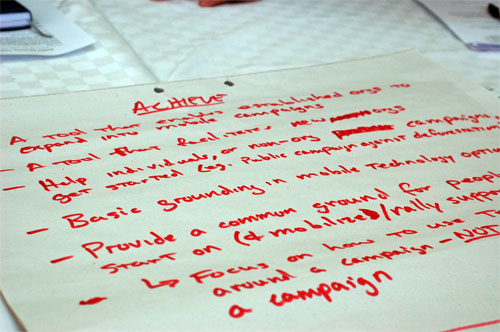
Joe Kasonde, from Zambia, came up with what I thought was a brilliant vision statement:
“That all communities have access to information and tools, which enables them to use mobile technology to achieve their goals”
He was in my small group, so we had a chance to discuss some of the reasons behind the terms used. My primary goal was to make sure that people realized that it was beyond our control to say what the Mobile Toolkit would be used for. Just like any other basic application (examples being Google Apps, Gmail or Microsoft Word), all types of organizations and people will use it for whatever their needs are if they find value in it. With that in mind, we shouldn’t concern ourselves with whether it is only used by advocates, but provide a tool that can be used by them.
I’m looking forward to when the final product is completed. With the individuals present in the room working on it, I’m convinced that the final Mobile Toolkit will be exceptional.

